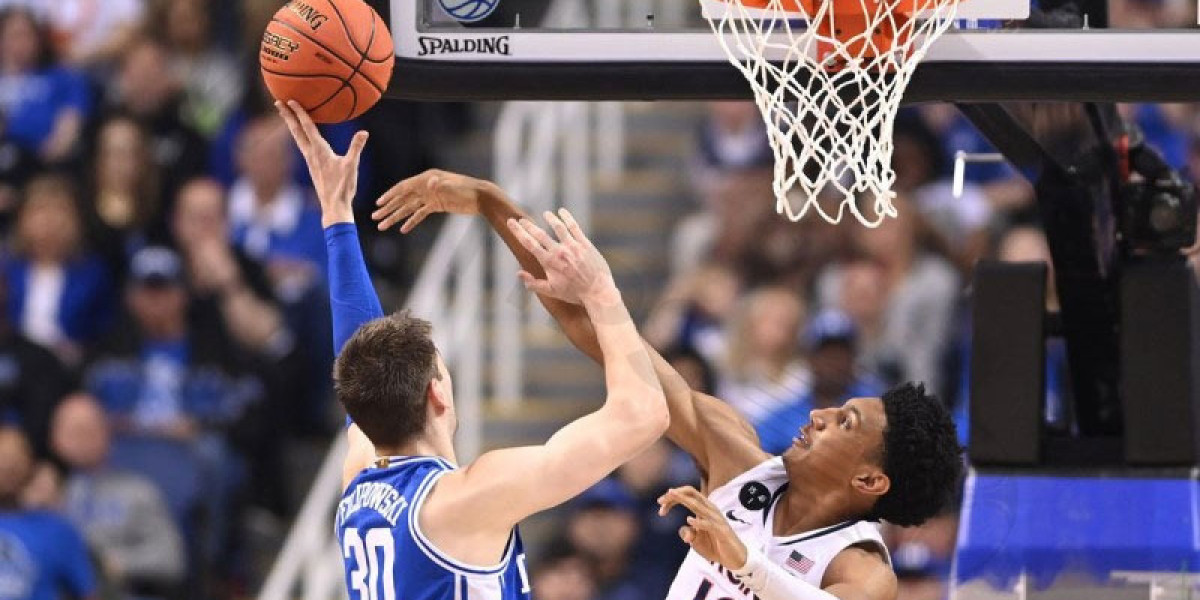Comprehensive Guide: Understanding How Bookmakers Set Football Odds
When it comes to sports betting, most players are not only interested in the odds displayed on the board but also curious about how these odds are calculated and how bookmakers secure their profits. This is a fascinating and often-debated topic within the betting community. If you’ve ever wanted to uncover the secrets behind football odds, let win betting tips walk you through all the important details in this insightful guide!
How Bookmakers Set Football Odds
To create accurate and competitive football odds, bookmakers invest a lot of time and conduct extensive research on the teams involved. Besides that, they also consider many factors, such as:
The form of each team and their current standings.
The strength and quality of players during training and on match day.
Injury updates, player suspension history, and coaching staff information.
Whether the teams have faced each other before.
Team achievements in past tournaments.
Tactical approaches and whether a team has home advantage.
The psychological state of the teams and players.
Match timing and weather conditions.
The latest news and updates right before the match.
Once all these factors are analyzed, the bookmaker ratings the initial odds. Reputable bookmakers often release their opening odds about 3 to 4 days before the match starts.
These initial odds stay constant until about 2 minutes before kickoff. After this point, bookmakers may adjust the odds based on real-time developments and the latest match conditions.
How Bookmakers Adjust Odds
When adjusting odds, bookmakers rely on three key factors:
Quantitative Data
Qualitative Data
Betting Volume (Market Behavior)
Based on these factors, the bookmaker calculates its profit margin and updates the odds for players.
1. Quantitative Data
This includes concrete football statistics such as:
Match results of both teams.
Current rankings in the league.
Managers and coaching strategies.
Home vs. Away performance.
Venue information.
Odds compilers thoroughly analyze this data, then feed it into specialized systems to calculate the probabilities for each outcome. However, because these are basic statistics, they only provide rough guidelines for the odds.
2. Qualitative Data
Next, bookmakers look at qualitative factors—information gathered from:
Reputable sports news sources.
Current affairs related to the teams.
Lineup football prediction italy and player rotations.
Unlike quantitative data, this cannot be processed by machines or algorithms. Instead, it relies heavily on the experience and analytical skills of expert bookmakers. This is why the odds from high-quality bookmakers tend to be more balanced and reliable.
3. Betting Volume (Market Behavior)
The final factor is the volume of bets placed.
If more players bet on the favorite (the upper bet), the bookmaker will reduce the payout for that option.
If the betting volume keeps rising on one side, the bookmaker may adjust the handicap line (for example, from -0.5 to -1).
Similarly, if more players bet on the underdog (the lower bet), the bookmaker will adjust the odds accordingly. The goal is to balance the money on both sides, ensuring a steady profit regardless of the outcome.
Why Setting Odds is Profitable for Bookmakers
To operate smoothly, a bookmaker requires significant capital and proper licensing. It’s not just about building a website—they need to hire staff, manage operations, upgrade security, and run regular promotions to attract players.
To sustain and grow, bookmakers must secure profits, and setting odds is one of their main revenue streams. The imbalance between bets on the favorite and underdog generates a margin (the overround) that ensures a guaranteed profit for the bookmaker.
Other Sources of Income for Bookmakers
In addition to margins from odds, bookmakers also profit from:
Bank interest: They deposit player funds into interest-bearing accounts.
Website advertising: With high traffic, they can sell ad space to third parties.
Losses from players: Every time a player loses a bet, that money directly boosts the bookmaker’s revenue.
Conclusion
With these insights, you now understand how bookmakers set and adjust odds, helping you identify reliable bookmakers. This knowledge can improve your betting decisions and give you a strategic advantage.



